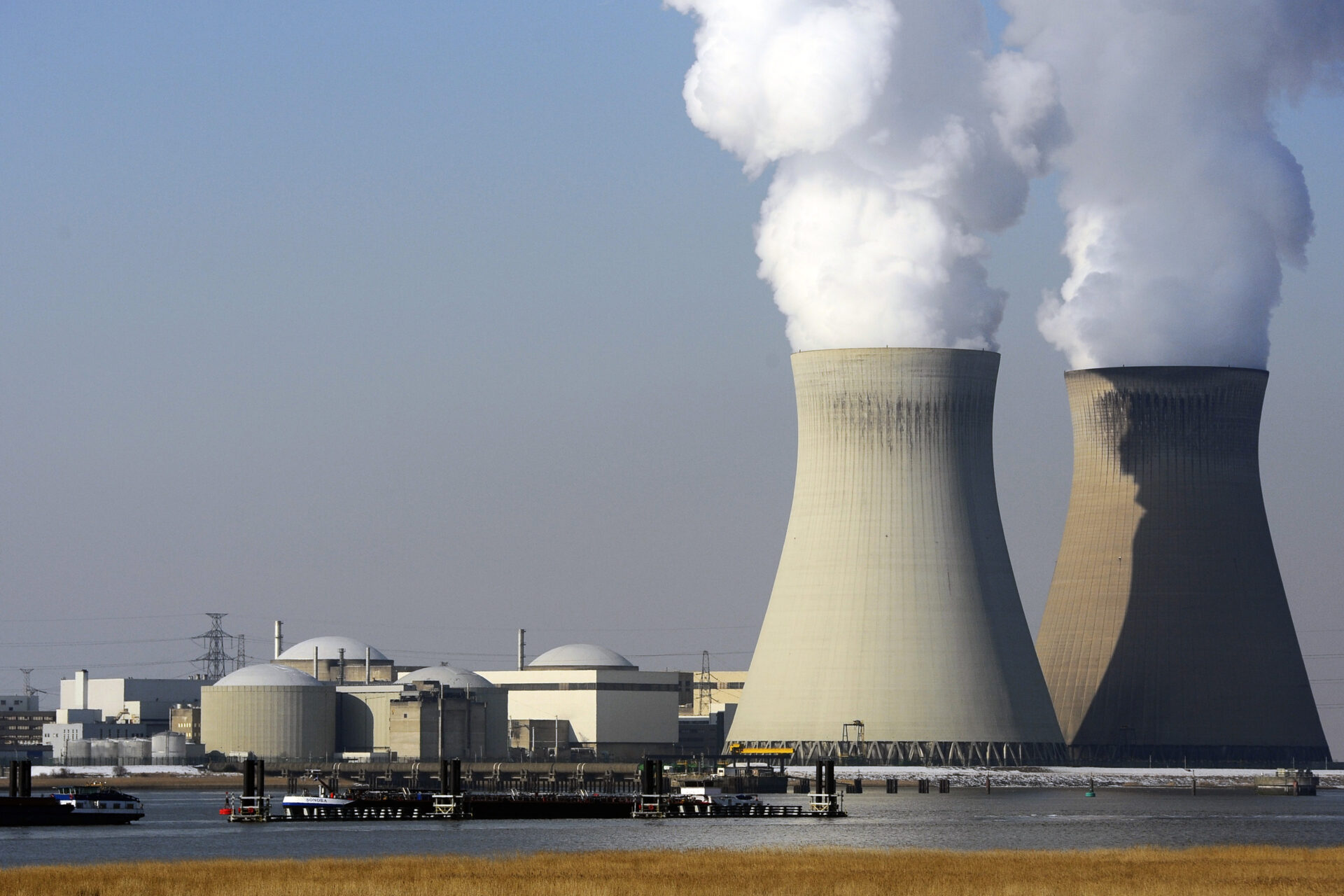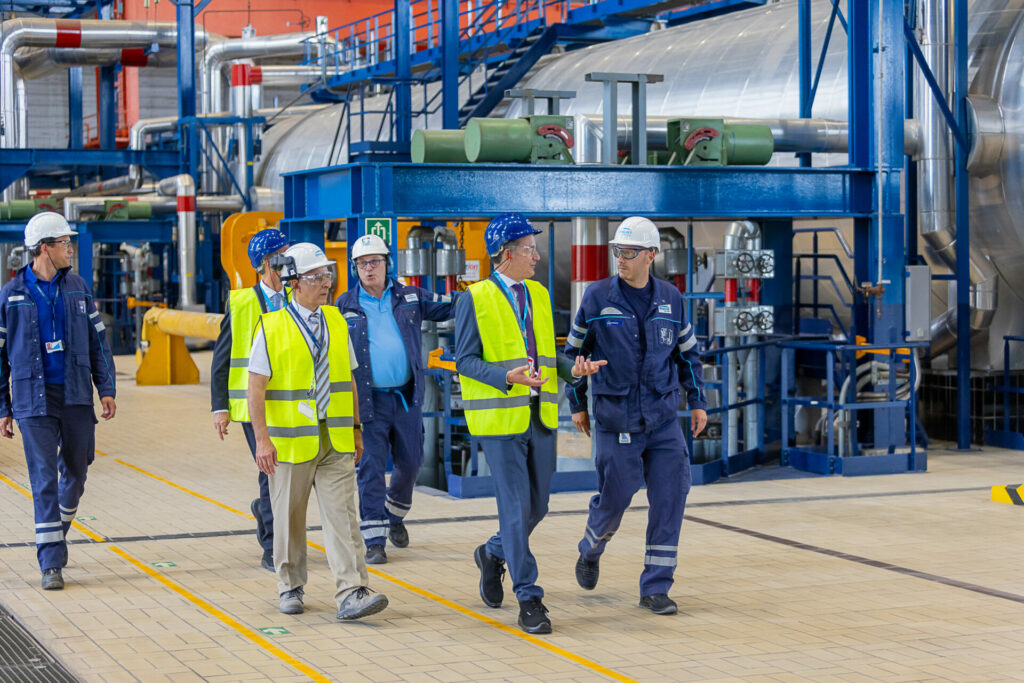Belgian Prime Minister Alexander De Croo has said that the next Belgian Government should "definitely consider" extending the lifespans of Belgium's two newest nuclear reactors by twenty years.
Speaking to l'Echo on the sidelines of the European Business Summit in Brussels on Tuesday, the Prime Minister added that his "Vivaldi" coalition government is "very, very close" to finalising the details of an agreement with nuclear plant operator Engie to prolong the operation of the Doel 4 and Tihange 3 reactors by a decade.
"A ten-year extension is much more than anyone expected," De Croo said. "But we should definitely consider an extension of twenty years. That's something for the next Federal Government."
De Croo also noted that Engie has previously indicated that a two-decade extension "is not impossible".
His remarks were corroborated by Engie Belgium CEO Thierry Saegeman, who told the same newspaper that "the ten-year extension could of course become twenty years" but stressed that "this is not currently on the table".
'A huge comeback'
Belgium currently has two nuclear power stations, each of which accounts for roughly a quarter of the country's total electricity production.
The Doel complex, located near Antwerp, houses four reactors, three of which are currently operational. The second, in Tihange, just west of the city of Liège, comprises three reactors, two of which are now functioning.
All of the reactors had originally been scheduled to shut down in 2025. The Federal Government reversed this policy last year, however, after Russia's full-scale invasion of Ukraine triggered a severe energy crisis across the EU.
In his remarks, De Croo suggested that future Belgian leaders should "carefully analyse" the possibility of prolonging the operation of the Tihange 1 reactor as well. However, he admitted that two other reactors located at the Doel complex, namely Doel 1 and 2, were "too old" and presented "too many technically difficulties" for an extension to be considered.

The Doel nuclear power plant complex. Credit: Belga / Dirk Waem
In a statement published on Wednesday, Engie dismissed the possibility of extending the lifespan of any of the three aforementioned reactors. "Current nuclear regulations do not allow the Doel 1 and 2 and Tihange 1 reactors to meet the applicable requirements in a cost-effective manner and within a reasonable time," the company noted.
Thus far, only the Doel 3 and Tihange 2 reactors have been decommissioned.
Related News
- EU ‘deplores’ Russian move to scrap ban on nuclear tests
- First-ever nuclear energy summit to be held in Brussels in March 2024
- Europe's green future depends on saving the energy debate from a 'dogmatic sect'
Speaking at the same conference on Tuesday, International Energy Agency (IEA) Director Fatih Birol praised Belgium's nuclear energy policies and fully endorsed De Croo's desire to extend reactors' lifespans.
"After the invasion of Ukraine by Russia, many energy policies around the world have adapted, especially in Europe," he said. "Nuclear power is making a huge comeback."
He added: "I think that Belgium is one of the few countries that has managed to turn this crisis into an opportunity to change its energy policy in favour of nuclear power, which, in my opinion, makes sense. I really hope that the next government will pursue this strategy."

